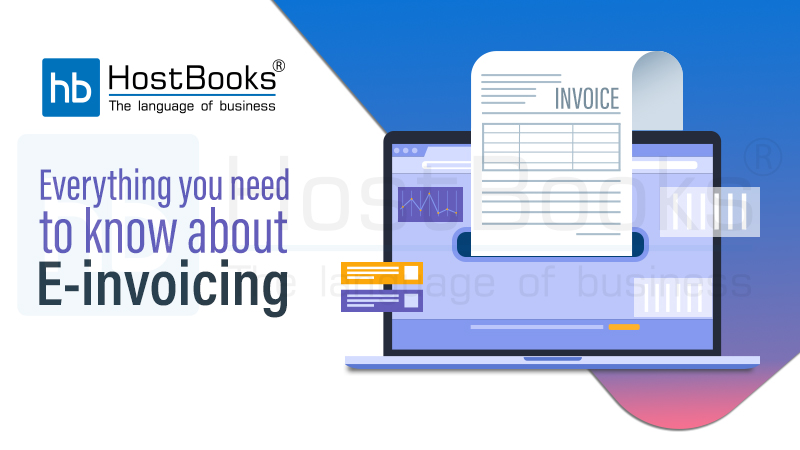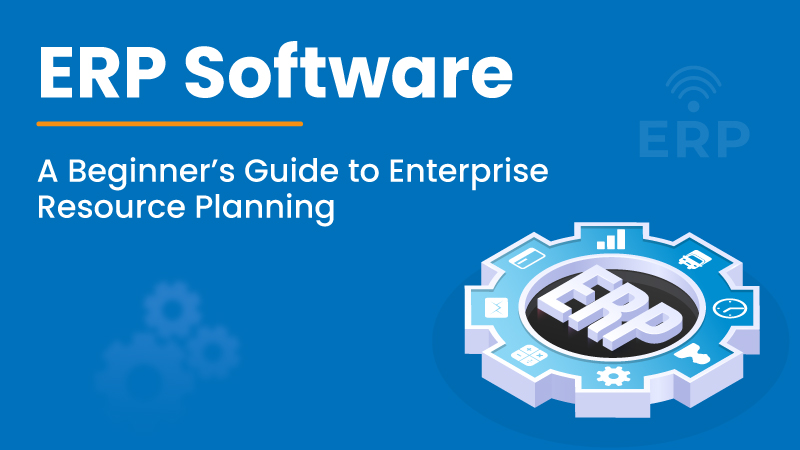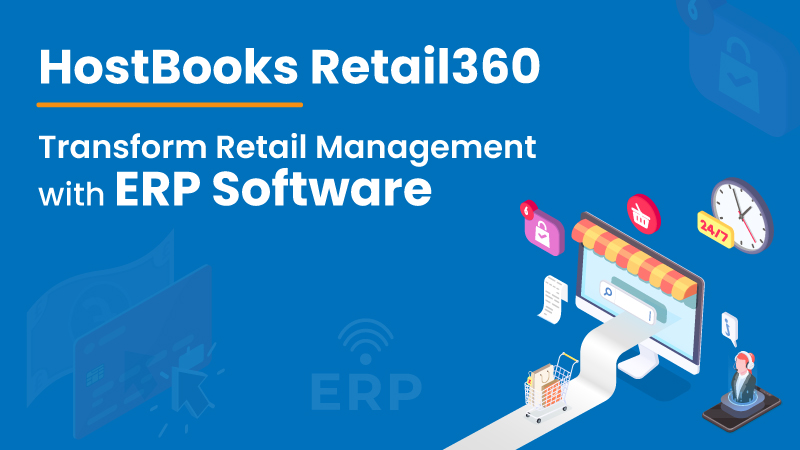Everything you need to know about E-invoicing

Source: Economic Times
Starting from January 2020, the Goods and Services Tax (GST) Council has proposed implementing electronic invoicing (e-invoicing) on a voluntary basis. To date, there are no standards set for e-invoicing in India. In its 37th Council meeting held in September, the GST Council, after discussing with the relevant trade and industry bodies and the Institute of Chartered Accountants of India (ICAI), approved the standard for e-invoicing.
Looking at the daily volume of business transactions, as well as the variety of different, non-standardized formats being used for invoice generation, e-invoicing in India will be another major reform after the introduction of GST. The main purpose of e-invoicing is to facilitate interoperability across the entire GST ecosystem which means that an e-invoice generated by one software could be read by any other software. In other words, machine readability will allow an e-invoice to be interpreted uniformly.
Here’s what you need to know about e-invoicing
- E-invoicing could make invoice reporting an integral part of a business process, easing the task of invoice-compilation at the end of a return period. The data will be pre-populated into the relevant GST returns which will make the reconciliation process easier.
- E-invoice system will enable real-time access to data for tax authorities which will then help to curb the issue of generating false invoices and claiming fictitious Input Tax Credit (ITC).
- According to a recent release by the GST Network (GSTN), e-invoicing will standardize invoices facilitating easy data access and retrieval, without bringing change to its physical or printed appearance. Simply put, taxpayers can continue using their existing ERP systems for invoice generation. However, with the new standard being adopted by a particular software, data sharing and readability will improve.
- The GSTN will provide accounting and billing software to small taxpayers for free. This will especially be beneficial for businesses that currently do not use any accounting software, making way for a completely online and electronic GST ecosystem in the future.
- The new e-invoicing system will be launched from 1st January 2020, on a voluntary basis, for businesses above a certain turnover, or invoices above a certain value, which has not been notified yet.

Try HostBooks
SuperApp Today
Create a free account to get access and start
creating something amazing right now!
















